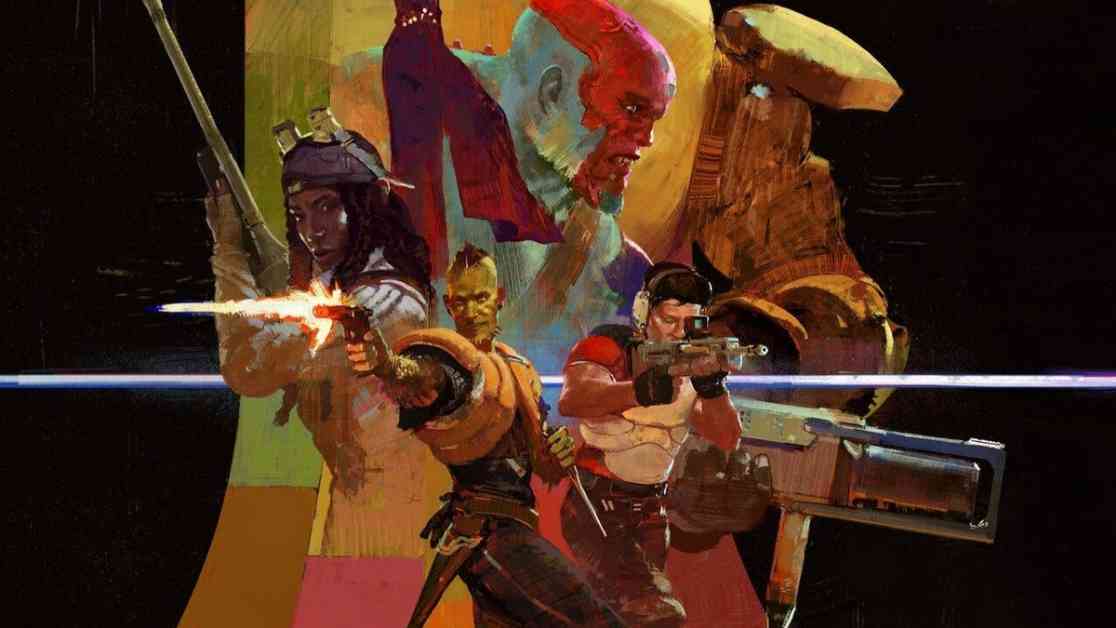In the summer of 2024, an entertainment project took a turn for the worst, making history as one of the biggest flops in entertainment history. Concord, a multiplayer shooter game developed by Sony over eight years with a budget of around $400 million, only managed to earn back $1 million in sales. This catastrophic failure far exceeded movie box office flops like Joker: Folie à Deux and Borderlands. However, the astonishing part is that many people are unaware of this colossal failure if they do not follow the gaming industry closely.
Concord was released into a saturated market of “hero shooters,” where players select heroic characters for online battles. Unfortunately, the game was deemed generic, derivative, and reminiscent of Marvel’s Guardians of the Galaxy in terms of character designs, narrative concepts, and use of color. Despite these warning signs, no one could have predicted the extent of its failure. The game was released on August 23 for the PlayStation 5 and PC, but only managed to sell around 25,000 copies, with a peak of 700 players online on PC. Due to its dismal performance, Sony decided to take the game offline after just 14 days and erase all traces of it from their platforms, including removing it from PS5 owners’ gaming libraries.
If industry estimates are accurate, Concord resulted in a staggering loss of $399 million after only making $1 million in revenue. This loss far surpasses the biggest movie box office flop, Disney’s John Carter, which lost $255 million. Surprisingly, major news outlets like The New York Times, ABC News, CNN, and BBC have largely ignored this significant entertainment disaster. Despite the potential for a compelling story, the mainstream media’s disconnect with the gaming industry has prevented widespread coverage of Concord.
The deep-rooted issue lies in the mainstream media’s longstanding reluctance to acknowledge video games as a mainstream form of entertainment. Despite gaming’s immense popularity and financial success, many news outlets still view it as a niche interest, reserved for children or geeks. This outdated perception has persisted since the 1980s when video games first gained mainstream traction. Even as gaming surpassed movies in revenue and audience size, the media continued to overlook its significance in today’s entertainment landscape.
The failure to cover Concord’s monumental flop highlights a fundamental flaw in mainstream media’s understanding and representation of the gaming industry. While gaming has become a ubiquitous part of modern life, many news outlets fail to recognize its impact and relevance. The refusal to acknowledge gaming as a legitimate form of entertainment perpetuates a cycle of ignorance and bias within the media. As a result, stories like Concord’s massive failure go unnoticed, depriving the public of crucial information and insights into a booming industry that rivals traditional entertainment mediums.

